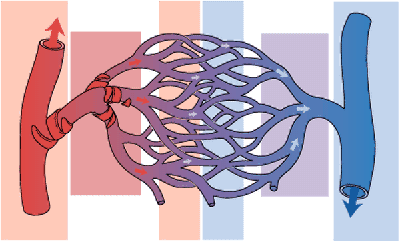Individuals diving with some of the cardiac conditions listed
below may be at an increased risk for injury. In fact, 20 to 30
percent of all diving deaths have a contributory cardiovascular condition.
A regular medical evaluation with appropriate follow-up visits
can help identify and control health problems associated with
cardiovascular disease. To control risk factors for developing
cardiovascular disease, it's important to: avoid smoking, eat
a diet low in cholesterol and saturated fats, stay on a regular
exercise program; and follow a doctor's advice.
In this section, Dr. James Caruso answers common questions
about cardiovascular conditions posed to DAN medics on DAN's
Medical Information Line. Although you may not have experienced
any of these conditions, the knowledge that they exist may benefit
you in the future, or perhaps that knowledge may benefit a dive buddy
right now. It is in every diver's best interest to manage personal
health risks as well as assess conditions on dive day. An educated,
well-informed diver who chooses to dive safely can minimize any
health and safety risks associated with diving.
LCDR James Caruso (M.D.) is Attending Pathologist and Diving Medical
Officer for the U.S. Navy at the Naval Hospital, Pensacola, Fla.,
and a consulting physician for DAN.
-
Cardiovascular Topics
- Hypertension
- Coronary Artery Disease
- Myocardial Infarction (Heart Attack)
- Coronary Artery Bypass Graft
- Mitral Valve Prolapse
- Cardiac Dysrythmias
- Cardiac Mumurs
- Atrial & Ventrical Septal Defects
- Raynaud's Syndrome
- Patent Foramen Ovale (PFO)
- Heart Valve Replacement
- Pacemakers and Diving (.pdf)
 From the MediClip Color Anatomy Collection,
From the MediClip Color Anatomy Collection,1996, Williams & Wilkins, a Waverley Company

